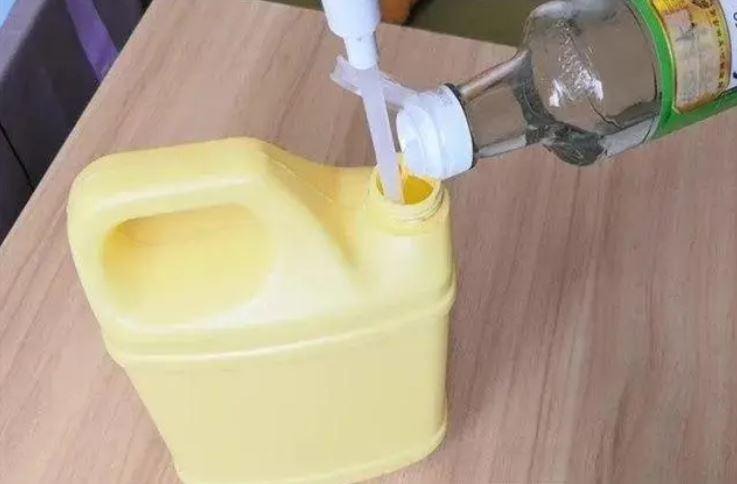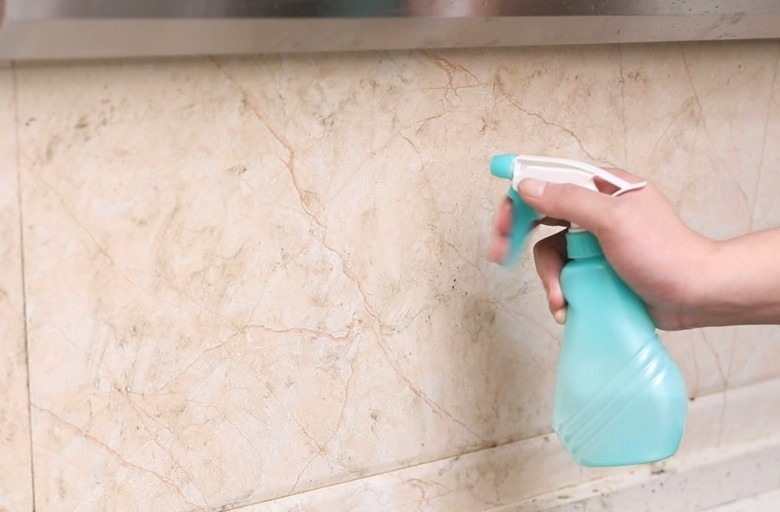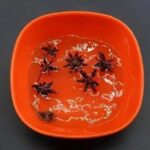White vinegar and dish soap may seem like an unlikely duo, but when combined, they create an extremely effective cleaning solution. White vinegar is typically used to enhance the flavor of dishes and remove odors when preparing food, while dish soap helps clean plates and pots and pans.
By mixing these two ingredients, you get a powerful cleaning formula that’s very useful for every household. For this, you’ll need a spray bottle. First, pour a small amount of dish soap and white vinegar into the bottle. Then, fill it with water and shake well to dissolve the ingredients. Ensure the dish soap is completely dissolved to create an efficient cleaning solution.

Combining these two ingredients creates a powerful cleaning formula beneficial for every household.
The white vinegar and dish soap solution has the following notable advantages:
Cleans Toilets and Bathroom Surfaces
Spray the solution on the toilet seat, especially in areas with stubborn stains. Let it sit for a while, then gently scrub with a toilet brush. You’ll find that previously difficult-to-remove stains are now easily eliminated. You can also use this solution to clean the bathroom sink and other nooks and crannies in the bathroom.
Cleans Electric Rice Cookers
Over time, electric rice cookers tend to develop stubborn stains that affect both their appearance and hygiene. Spray the white vinegar and dish soap solution on the cooker’s surface and let it sit for a few minutes to work its magic. The vinegar helps soften the stains, making it easier to wipe them away. Then, use a paper towel to clean it, and your rice cooker will look brand new.
Over time, electric rice cookers tend to accumulate stubborn stains, impacting both their appearance and your health.

Electric rice cookers often develop stubborn stains over time, affecting both their appearance and your health.
Removes Grease from Stovetops and Walls
White vinegar helps soften stains, while dish soap is great at cutting through grease. Spraying this solution on stovetops and kitchen walls makes cleaning these areas much easier.
Cleans Refrigerator Door Seals
Refrigerator door seals often gather dirt and grime. Spray this solution on the seal, then use a card or a coin wrapped in paper to wipe it clean. This method not only completely removes the stains but is also very easy and effective.
The combination of white vinegar and dish soap not only enhances cleaning efficiency but also helps save costs on other cleaning products. Therefore, this is a solution that every household should try; you’re sure to be impressed with the results.
Soak Fennel in White Vinegar: An Effective, All-Purpose Household Remedy
Introducing a time-honored tradition with a twist: infusing white vinegar with fennel flowers. This dynamic duo packs a powerful punch when it comes to tackling fridge odors. Say goodbye to unpleasant smells and hello to a fresh-smelling fridge! This all-natural remedy is a simple yet effective solution that will leave your fridge smelling clean and crisp.





































